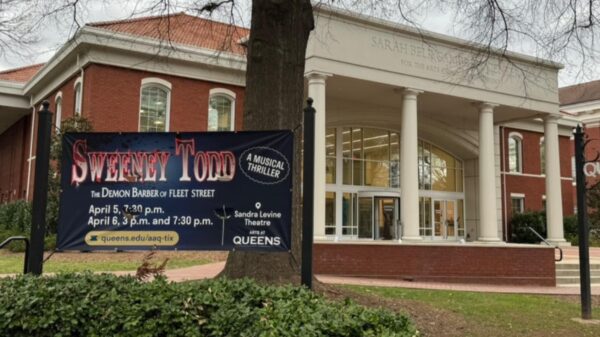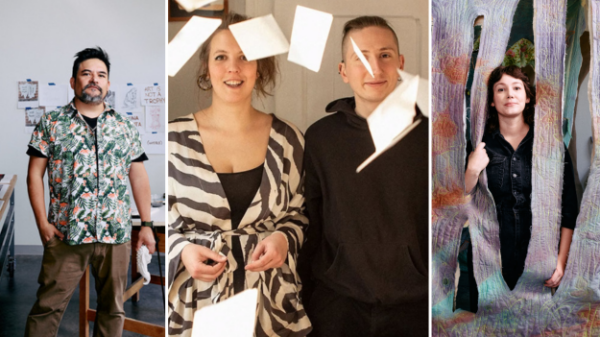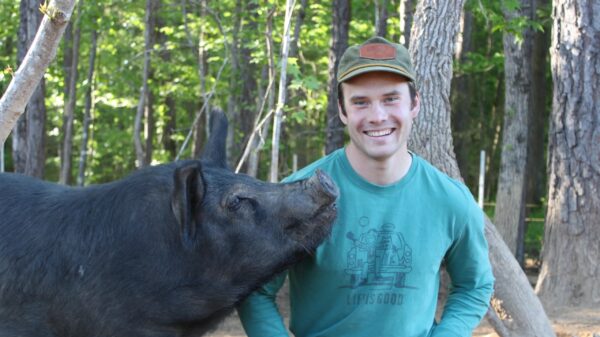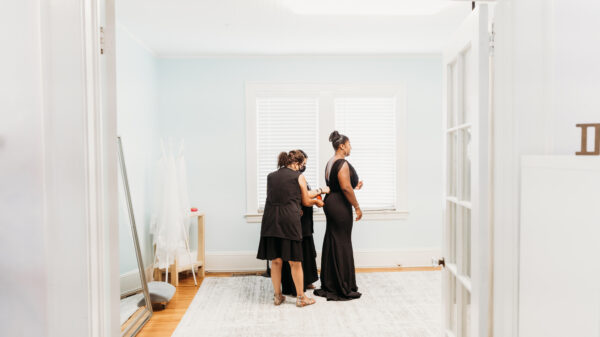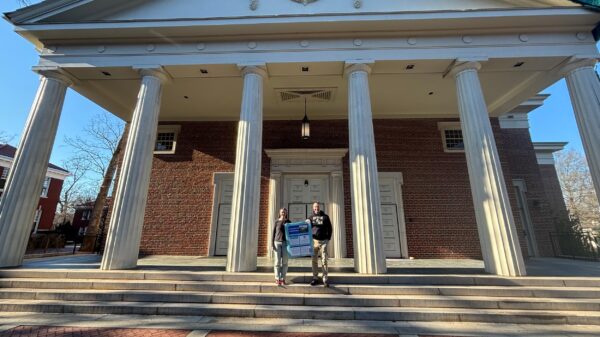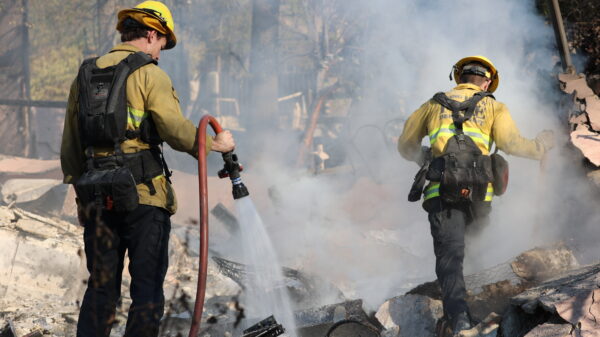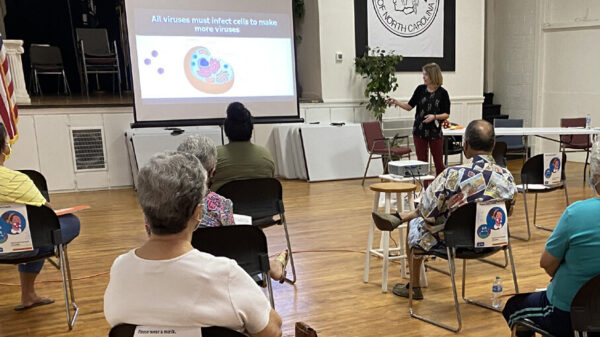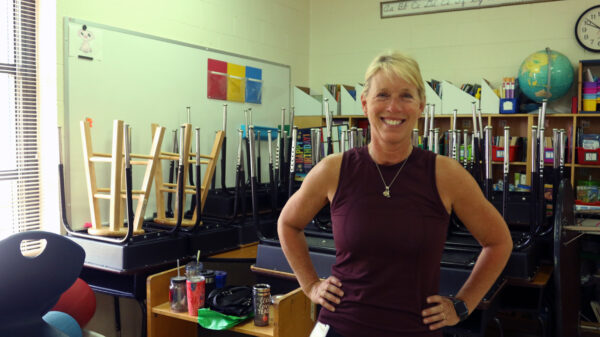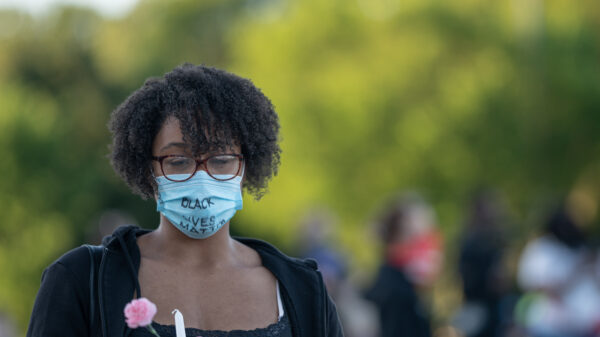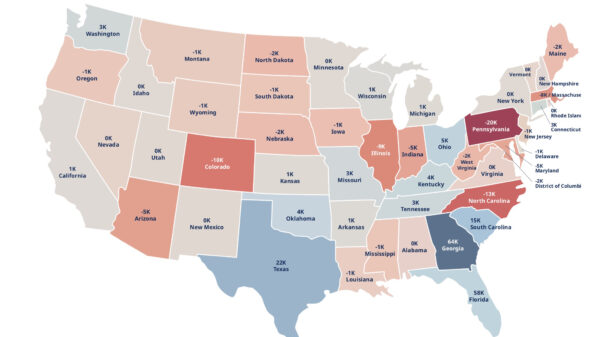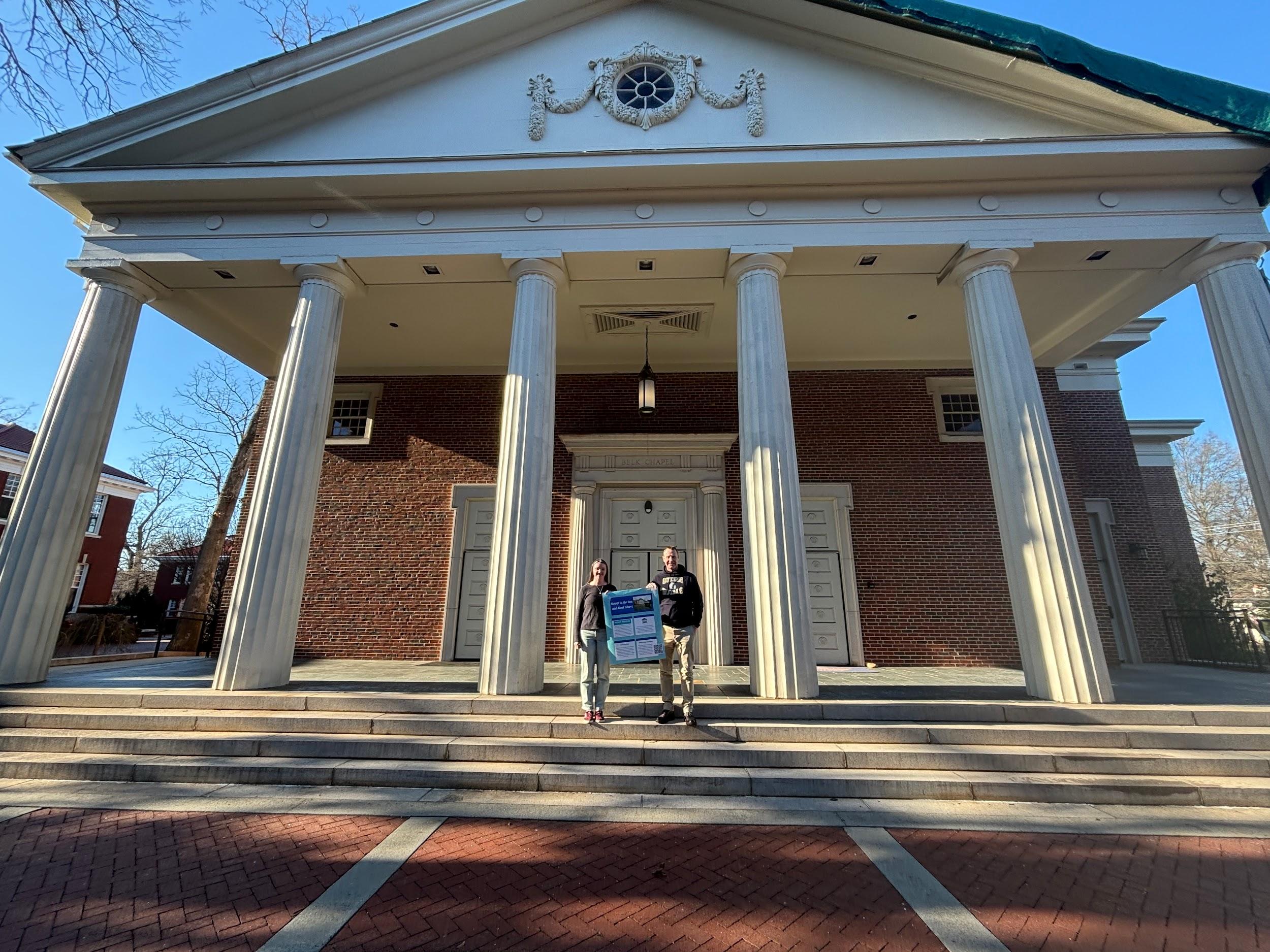On Wednesday, January 22, volunteers across Mecklenburg County started the annual Point-in-Time (PIT) Count to survey people experiencing homelessness on one night. The event takes place across the country, typically in January, and is required for counties to receive federal homelessness funding from the U.S. Department of Housing & Urban Development (HUD).
According to Mecklenburg County Community Support Services, 3,233 people were experiencing homelessness in Charlotte-Mecklenburg as of November 30, 2024. This includes both sheltered and unsheltered people and is up from last year’s PIT count of 2,095. Results from this year’s event will be released later in the year.
Freezing temperatures in recent weeks increase the seriousness of homelessness. Since 1996, Room in The Inn brings together churches and other nonprofits to open their facilities to provide shelter and food during the winter months. One local college, Queens University of Charlotte, has joined the effort, serving six unhoused individuals over seven Tuesdays in January and February this year.
Maggie Dineen, a senior and Davies Fellow at Queens University started volunteering for Room in The Inn with the school’s rugby team. At first, she helped haul mattresses down from the attic and make beds in Belk Chapel before moving over to make food and greet guests. She is this year’s student coordinator and has helped strengthen student involvement in the program.
At Queens, the effort is student-led with help from the university’s Belk Chapel faculty and staff and other campus partners. Chartwells, a common food service provider for colleges and universities, donates the food for participants. Belk Chapel’s chaplain, Dr. Adrian Bird, Ph.D. says it enables the campus community to live up to its motto “not to be served, but to serve,” and gives students real-world volunteer experiences.
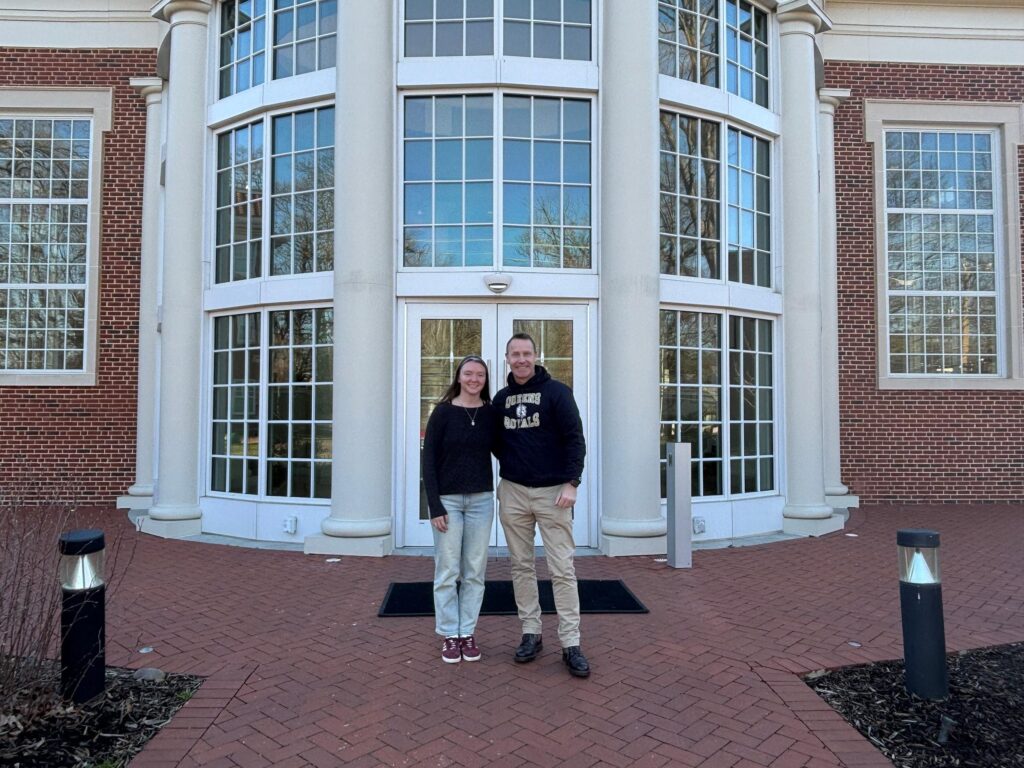
“It’s about creating opportunities where our students, maybe for the first time, maybe for the tenth time, are exposed to the realities of what it means to live in a society or in a city where housing is such a critical issue,” says Bird.
Dineen agrees and says the experience has enabled her to have a more proximate relationship with those experiencing homelessness. “That’s how you build bridges, and create understanding,” Dineen says. She remembers helping a family that recently immigrated to Charlotte from Venezuela and connecting them with the Latin American Coalition (LAC).
She is also learning about organizations in Charlotte and how they work together. The LAC is the oldest immigrant community-based organization in the state and their programs assist over 8,000 people each year. “There are so many different nonprofit organizations that work together to end homelessness and hunger, and provide affordable housing,” Dineen continues.
Bird says that many students come into the program after signing up to make just a small, short time commitment, but then something will happen that makes a huge impact. “What happens when you realize that one of the guests who’s come in is a toddler or is a five or six-year-old?” says Bird. He explains how students will then start thinking about where people go the next night, or thereafter.
“Once you ask questions like that, then they can be life transformative because then you’re starting to ask the deeper questions about what are the systems that we have in place,” says Bird. Students learn more about Roof Above and other groups providing services. They also ask questions about the issue. “Once, folks start to ask questions like that, then it can change the trajectory of a student’s life – the way they see the world and the way that they want to generate a passion to help serve others,” he says.
Beyond the six unhoused individuals invited to find shelter at Belk Chapel, Roof Above matches those in need of shelter to accommodations throughout Charlotte and offers more programs and resources outside of these two winter months.
“We receive a lot of gratitude from folks who come in again,” says Bird. “People are really working to try and get back on their feet to be able to find affordable housing.”
Queens University News Service stories are prepared by students in the James L. Knight School of Communication with supervision and editing from faculty and staff. The James L. Knight School of Communication at Queens University of Charlotte provides the news service in support of local community news.


